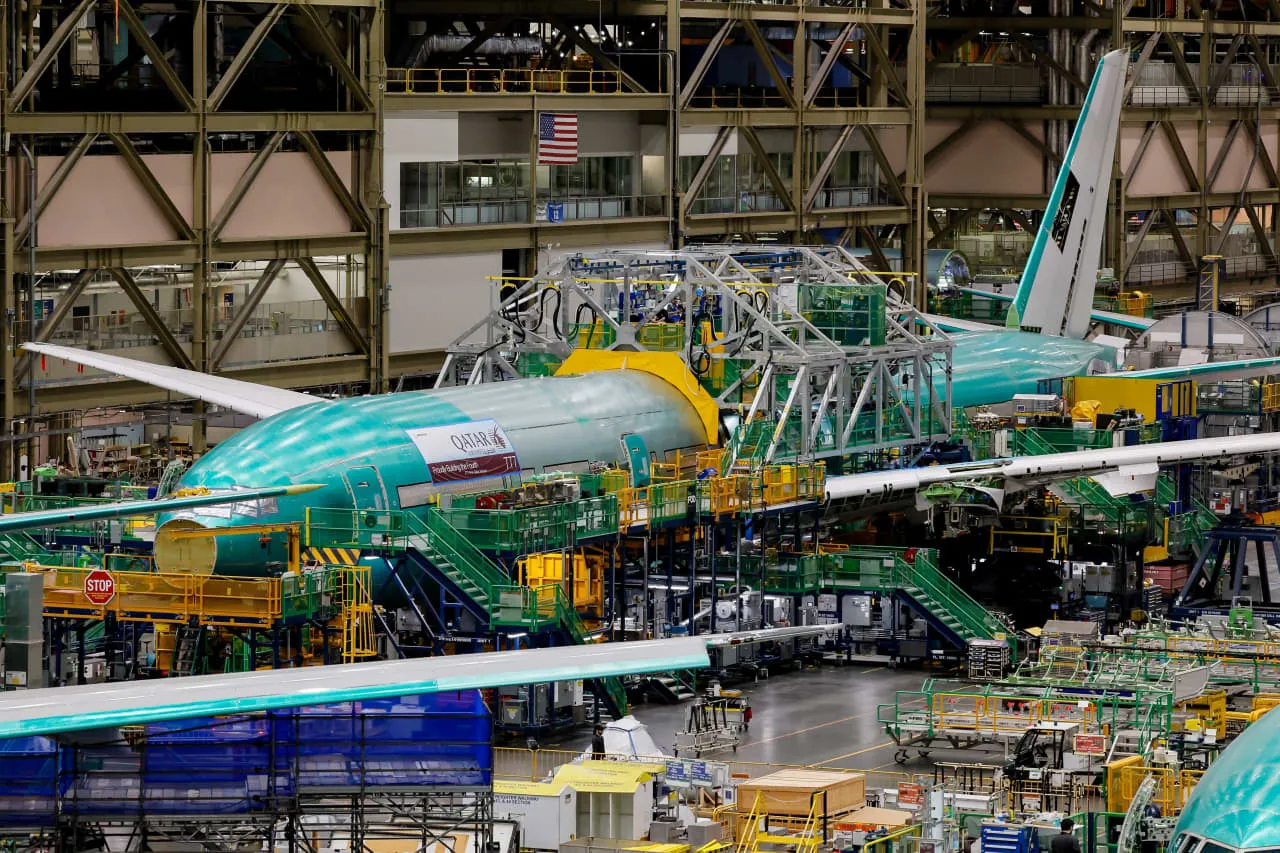Boeing's Agreement with Machinists Union to Secure Civil Aircraft Production

Boeing's Labor Agreement: A Step Forward in Aerospace Production
Boeing, a prominent player in aerospace products and civil aircraft, has successfully reached a significant contract agreement with its largest machinists union. This deal, announced on Sunday, is pivotal in avoiding a potential strike that could have severely disrupted aircraft production lines. The union represents over 30,000 machinists, whose labor is essential in maintaining Boeing's output capacity and operational efficiency.
Impact of the Agreement on Labor and Production
- Avoided Labor Disputes: A pause on any labor disputes is crucial for Boeing, especially with ongoing challenges in the aerospace industry.
- Sustained Production Capacity: This agreement will help maintain current production levels, securing the future of civil aircraft manufacturing.
- Workers’ Pay and Conditions: The new contract addresses key labor issues, ensuring fair compensation and improved working conditions for employees.
Looking Ahead: Stability in Aerospace and Defense
As Boeing navigates this agreement, the attention now shifts to the ratification process. The stability it brings is not limited to Boeing but extends across the aerospace and defense sectors, influencing the broader market dynamics. Keeping labor peace will ultimately favor the corporate industrial landscape, fostering growth in industrial goods and packaging solutions.
This article was prepared using information from open sources in accordance with the principles of Ethical Policy. The editorial team is not responsible for absolute accuracy, as it relies on data from the sources referenced.